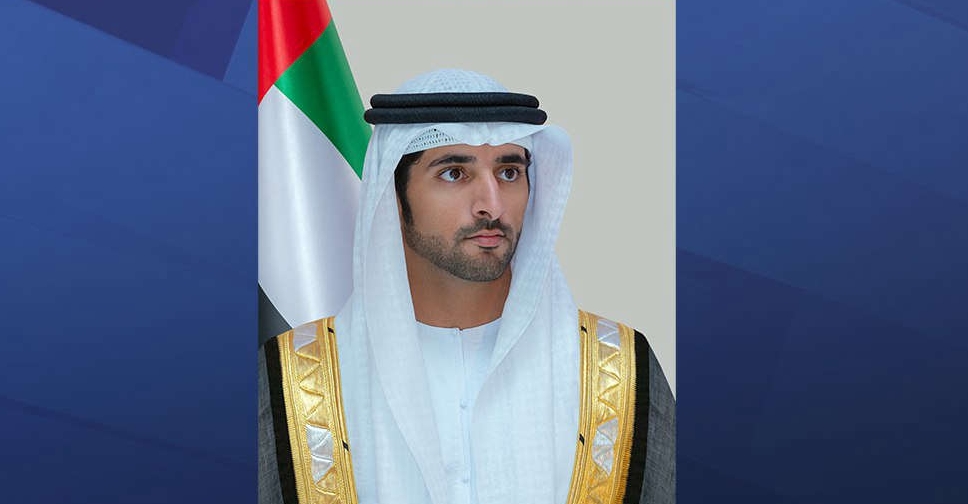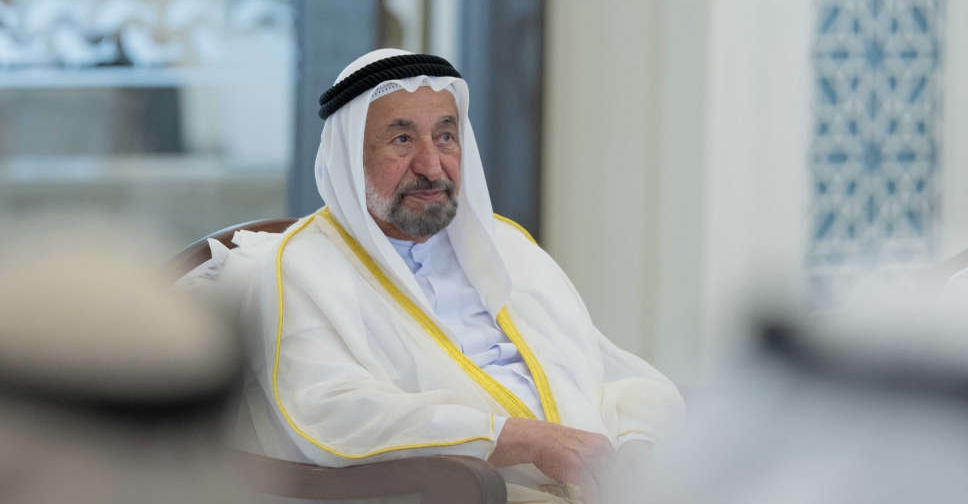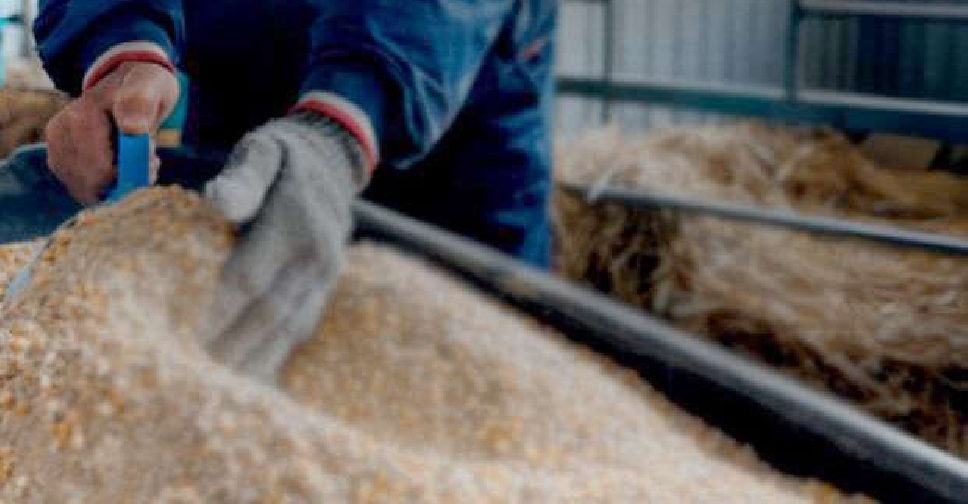
Companies are being invited by the Abu Dhabi Investment Office (ADIO) to submit proposals to operate UAE animal feed markets.
ADIO, in collaboration with the Abu Dhabi Agriculture and Food Safety Authority (ADAFSA) and the Department of Municipalities and Transport (DMT), is inviting businesses owned by Emirati citizens and registered with the Abu Dhabi Department of Economic Development (ADDED), to submit proposals for the design, build, maintenance, and operation of animal feed markets across 10 locations across Abu Dhabi, Al Ain & AL Dhafra regions: Al Haffar, Al Rahba, Nahil, Rimah, Bu Kirayyah, Bu Samrah, Al Qou, Liwa, Ghayathi and Al Marfa.
Fodder facilities are an important link in the food chain and ADAFSA, in collaboration with DMT, is encouraging livestock breeders through the provision of fodder retail and trading sites across key areas.
The animal feed markets will offer surrounding communities and farmers with high quality animal feed supply and related services.
Bidders are encouraged to participate in the tender which opens on October 3, and closes on November 18, at 5pm UAE time.
Interested businesses must submit their proposals in accordance with the instructions to bidders included in the Request for Proposals (RFP).



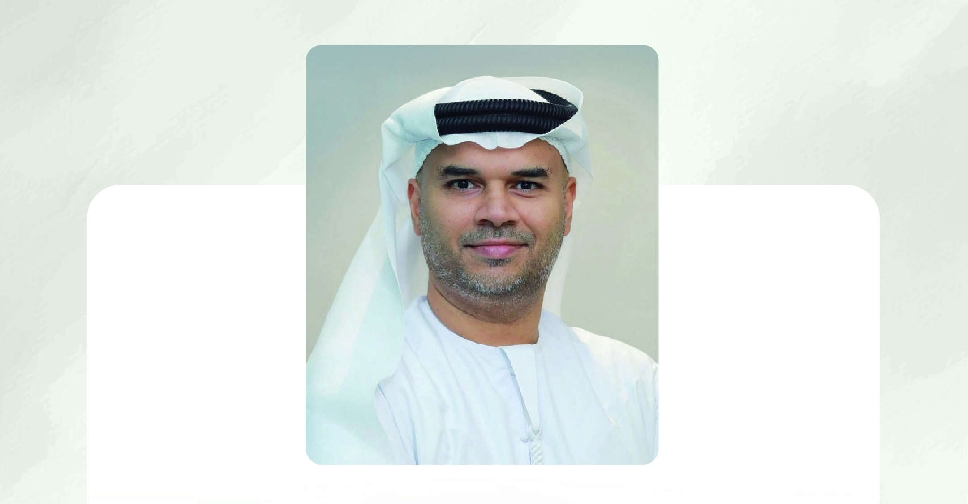 UAE President appoints new Federal Tax Authority chief
UAE President appoints new Federal Tax Authority chief
 Uber expands into 7 new European markets in food-delivery push, FT reports
Uber expands into 7 new European markets in food-delivery push, FT reports
 UAE strengthens market oversight to ensure price stability for Ramadan
UAE strengthens market oversight to ensure price stability for Ramadan
 H.H. Sheikh Mohammed appoints new PCFC Chairman
H.H. Sheikh Mohammed appoints new PCFC Chairman
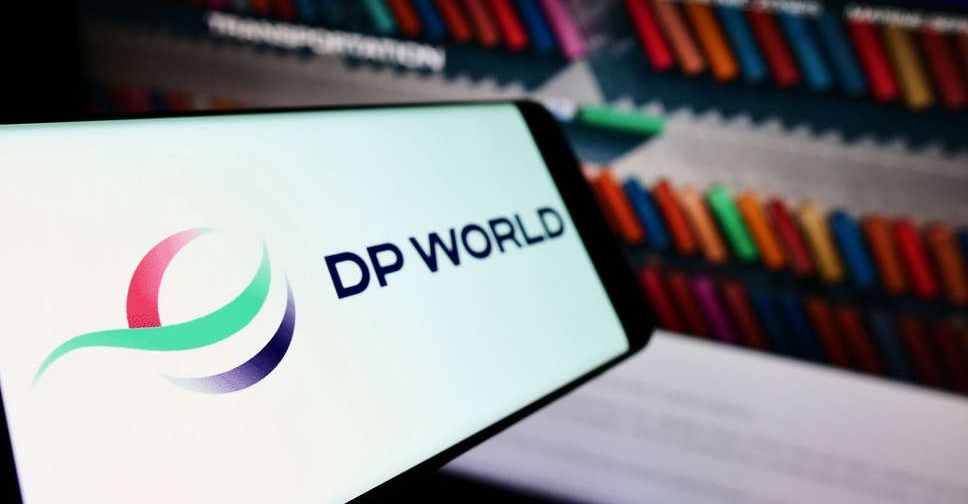 DP World announces new leadership appointments
DP World announces new leadership appointments
